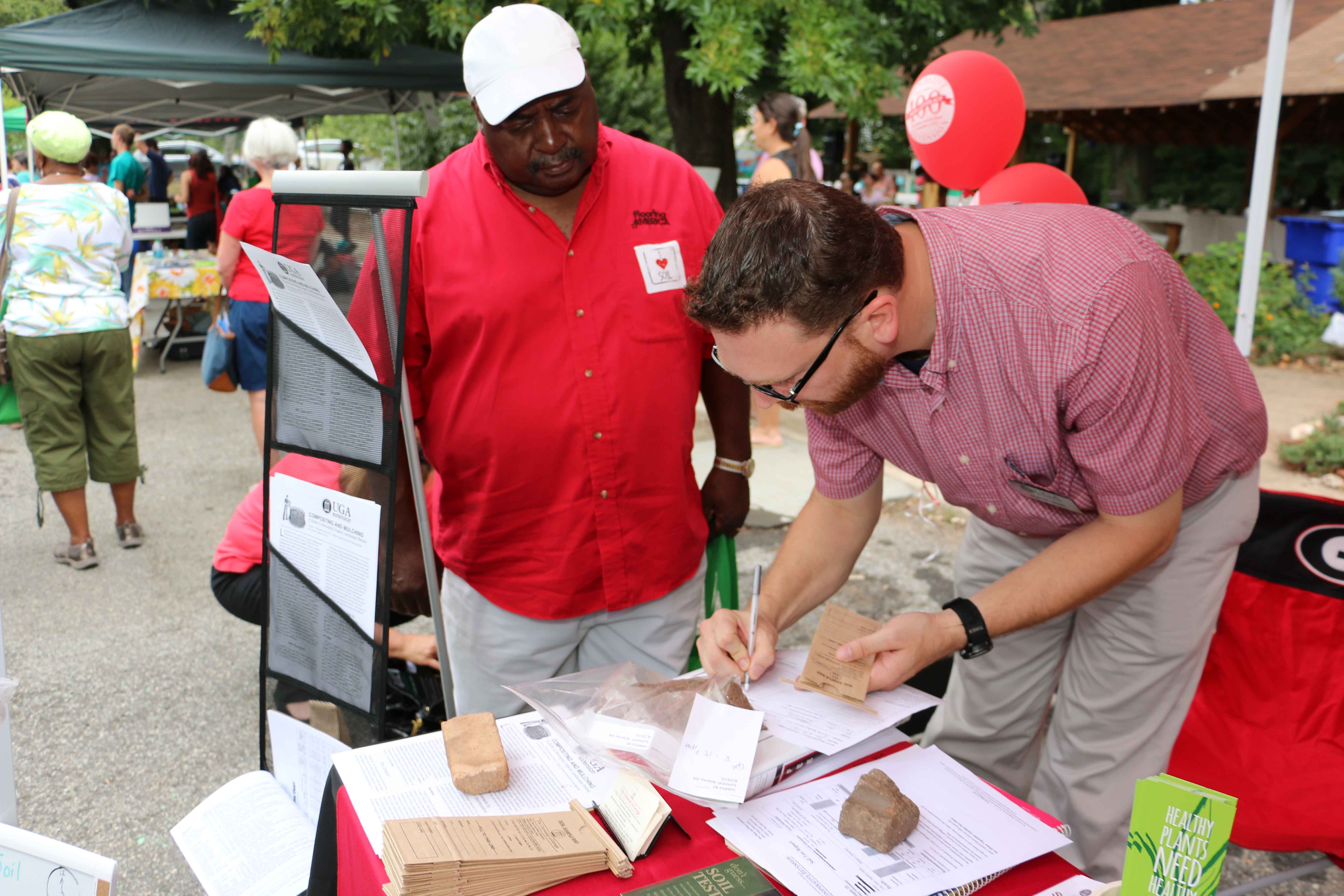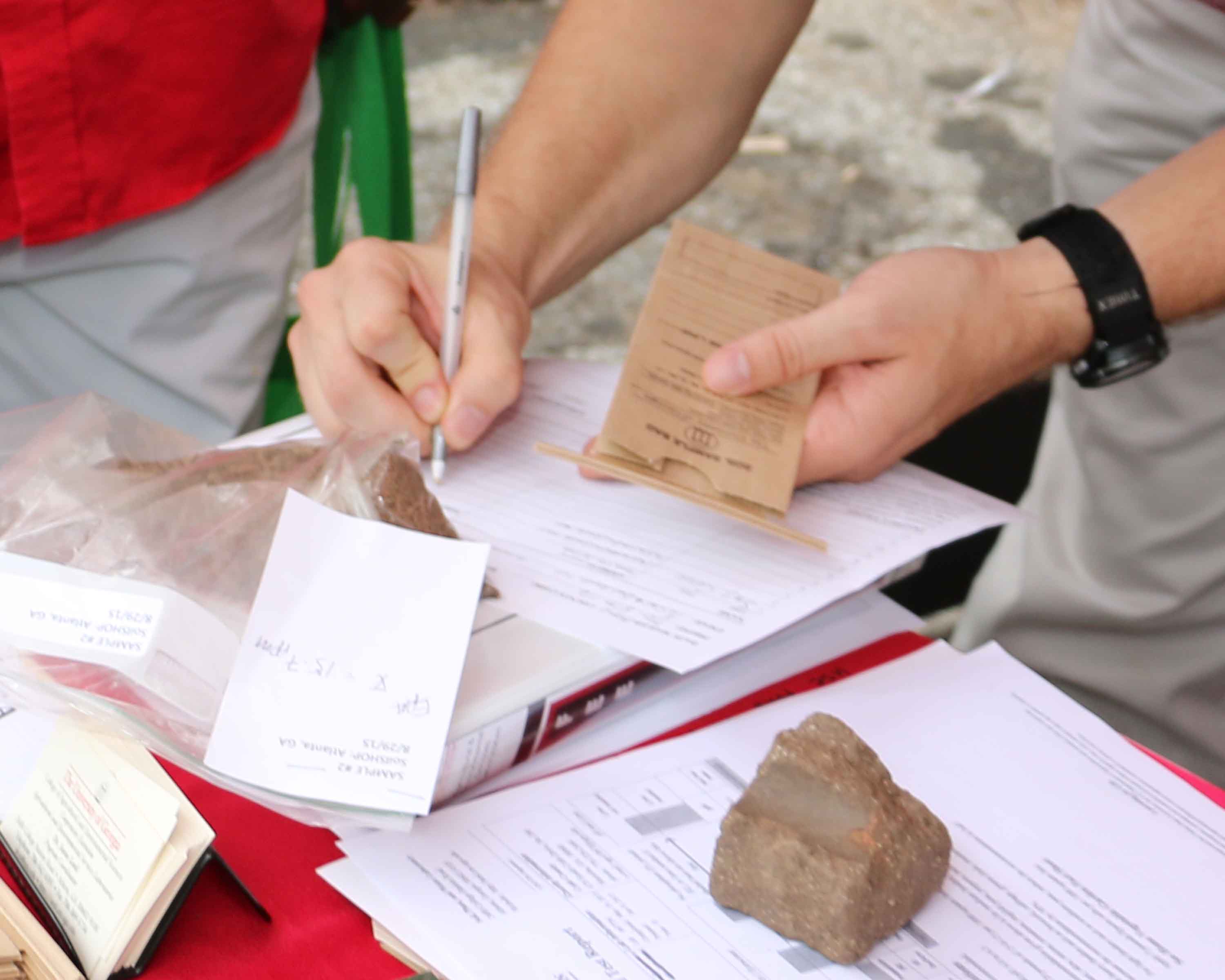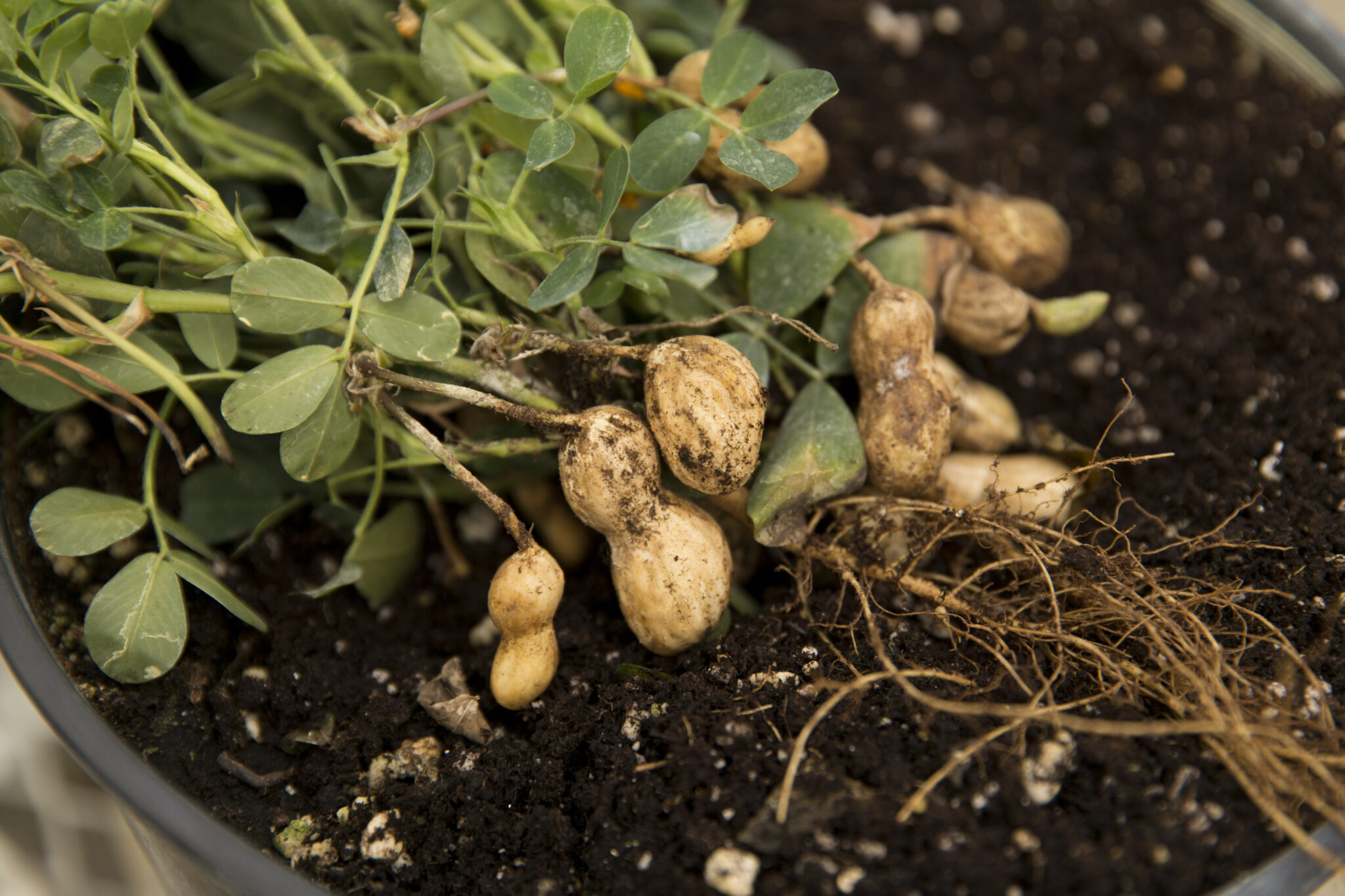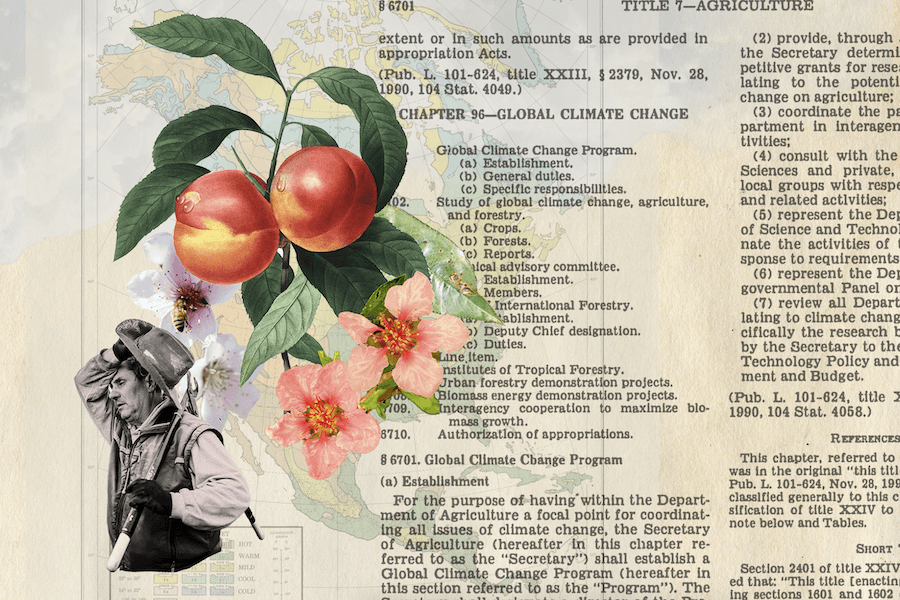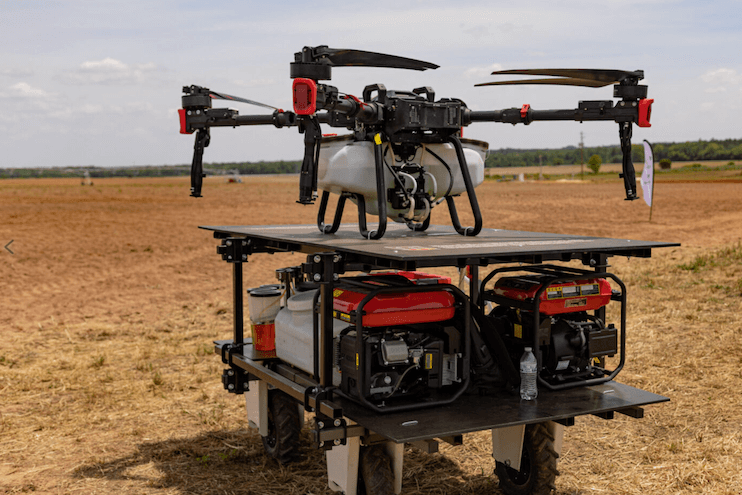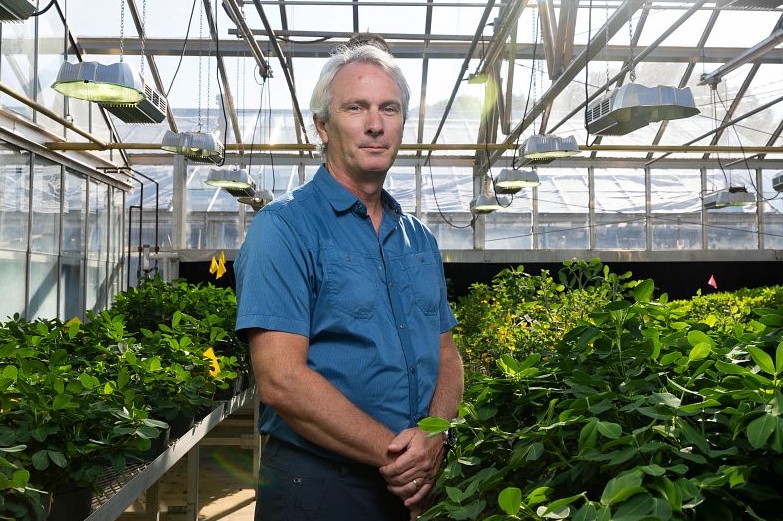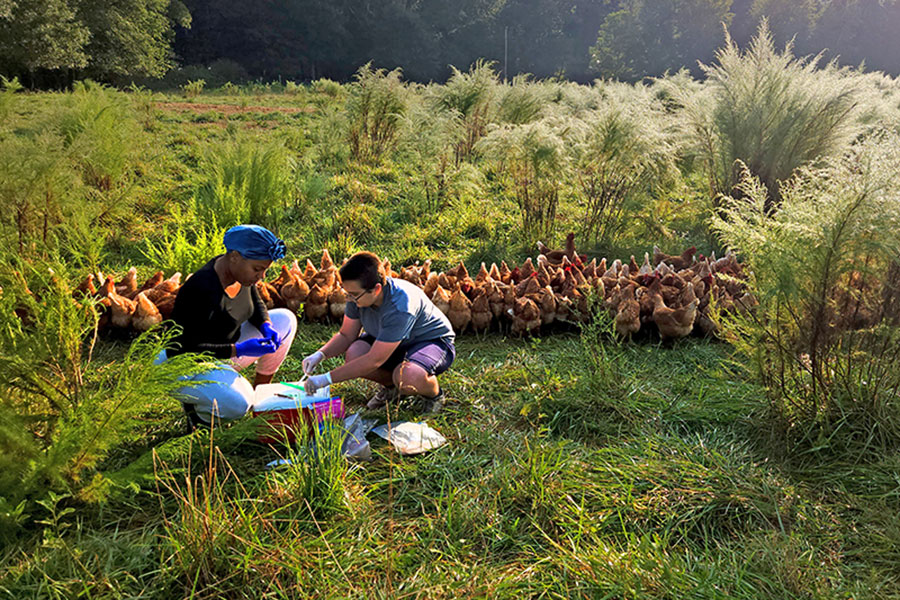Even experienced gardeners often put off testing their soil, but a basic soil test from University of Georgia Cooperative Extension can provide a wealth of information and help to ensure better results from all those hours spent planting, weeding and harvesting.
This year, UGA Extension and the Food Well Alliance, a non-profit, local food advocacy group, teamed up to help community gardens in metro Atlanta test their soil.
As part of the partnership, UGA’s Agricultural and Environmental Services Laboratories (AESL), the state’s only non-profit soil and water laboratories, tested 45 soil samples from 35 different gardens in the Atlanta area. Soil tests are important because they show the soil’s nitrogen, phosphorus and potassium content and soil pH level, all of which are vital for healthy plants. They also tested for heavy metals, which can be present in urban soil.
“In urban areas, we definitely see an elevated concentration of certain heavy metals, especially lead (Pb),” said UGA soil scientist Jason Lessl, also the program coordinator at the AESL’s Soil, Plant and Water Analysis Laboratory. “Not to worry though, health risks can be mitigated by taking a few precautions like thoroughly washing your hands and produce.”
Most urban farmers take good care of their soil, incorporating compost and using cover crops to boost its structure and nutrient content, but many of the gardeners in the partnership were surprised to find out what their healthy-looking soil was missing, Lessl said.
“People are usually most surprised to learn that soil is a living entity that requires a certain level of nurture in order for it to function properly,” he said. “Soil is a vital component of our ecosystem and should never be called ‘dirt.’”
Calvin Sims, of the Chapmans Mill/Redan Park Community Development Corporation, had soil tested through the program. Sims has been organizing the Redan Nature Preserve Community Garden in Lithonia, Georgia, since 2009, and he’s had good results.
This spring the garden’s participants paid to have some rich topsoil trucked into the garden, but this summer’s harvest was lackluster, Sims said.
“We had new soil brought in, but we weren’t seeing the yields we thought we would this summer,” Sims said. “So we wanted to have the soil tested. It said that we were low in phosphorus.”
After receiving his results, Sims incorporated some organic phosphorus amendments into the soil and plans to plant his fall vegetables this week.
It may be hard to think past tending that final crop of fall vegetables or putting your gardening tools away for the winter, but fall and winter are the best time to test your garden soil, said Lessl.
Some soil fixes, like adding phosphorus, are pretty quick, but others, like lowering or raising the pH of your soil, can take weeks or months. Testing in the fall allows gardeners to make adjustments and have them take effect before spring planting.
UGA Extension offers soil testing and an array of other testing services through the UGA Agricultural and Environmental Services Laboratories. A basic soil test costs $6 and takes a few days.
For more information about soil testing through UGA Extension, call 1-800-ASK-UGA1 or visit aesl.ces.uga.edu or extension.uga.edu.

